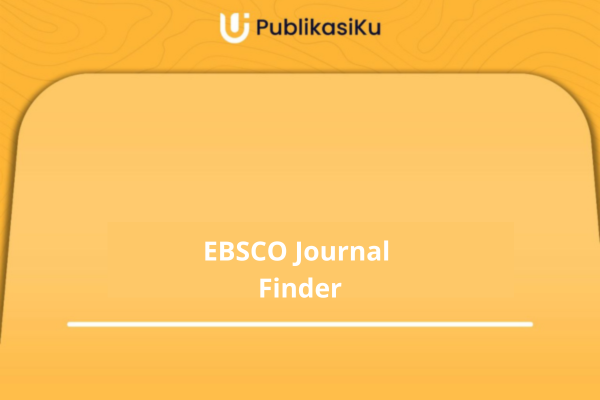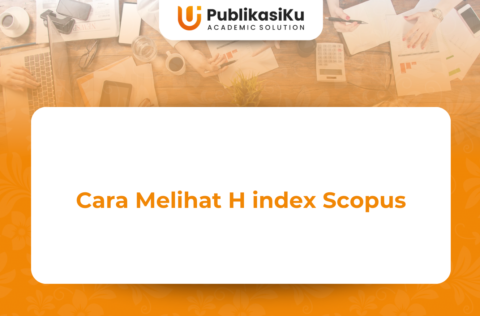Hello, Publication Enthusiasts! In this article, we will discuss EBSCO Journal Finder. Let’s dive into the details and read until the end!
Before we talk about the requirements for journals to be indexed in EBSCO Journal Finder, it’s important to first understand what EBSCO Journal Finder is.
EBSCO Journal Finder is a journal search tool specifically designed to help academics, researchers, and students find scholarly journals across various fields of study. This platform serves as a bridge to access leading academic journals that are indexed in the EBSCO database.
By using EBSCO Journal Finder, you can easily find relevant and high-quality journals to support your research or studies.
Read Also : Publikasi Jurnal Internasional Ebsco
Requirements for Journals Indexed in EBSCO Journal Finder

For a journal to be found and indexed in EBSCO Journal Finder, several key criteria must be met. Understanding these requirements will increase your journal’s chances of being included on this platform. Here are the main factors to consider:
1. Relevant and Up-to-Date Topics
Journals indexed in EBSCO Journal Finder must cover topics that are relevant and aligned with the latest developments in their respective fields.
Ensure that the journal you select or submit reflects current trends in the discipline. Journals with outdated or irrelevant topics will be difficult to find on this platform.
2. Use of an International Language
Most journals in EBSCO Journal Finder are published in English, as the platform is used by academics worldwide. Therefore, make sure the journal articles are written in clear, internationally recognized language. Using standard language will facilitate the indexing process and make it easier for other users to find.
3. Originality and Novelty of Research
Originality and novelty are primary requirements for journals to be indexed in EBSCO Journal Finder. Research with new topics or unique approaches has a higher chance of being accepted. Avoid submitting journals that merely repeat old topics without offering new contributions.
4. Compliance with Writing Guidelines
Every journal wishing to be indexed in EBSCO Journal Finder must adhere to the academic writing guidelines set by the journal’s publisher. Ensure that the article has a clear structure, appropriate formatting, and meets scientific writing standards.
5. Free from Plagiarism
Plagiarism is a serious violation in the academic world. Journals detected with plagiarism will not be accepted or indexed in EBSCO Journal Finder.
Make sure the work you submit is original research. If you use references, paraphrase correctly and include proper citations according to the rules.
6. Quality of Data and References
Journals indexed in EBSCO Journal Finder must be supported by valid research data and credible references. High-quality data will enhance the credibility of the journal.
Ensure the journal you choose includes references from reliable sources and presents comprehensive data to support research arguments.
7. Published by a Trusted Publisher
Most journals indexed in EBSCO Journal Finder are published by reputable publishers with strong academic credibility. Make sure the journal you choose is published by a widely recognized publisher, as this will affect the journal’s quality and accessibility on the platform.
Consult Your Ebsco Journal Publication Needs Directly with Our Journal Team Now! Click the WhatsApp Button Below!
Conclusion
Ensuring your journal meets all the above requirements will increase its chances of being indexed in EBSCO Journal Finder. With relevant topics, standard-compliant writing, and high-quality data, your journal can become an important reference for the global academic community.
Don’t forget, choosing a trusted publisher is also a key factor in enhancing the visibility and credibility of your scholarly work on this platform.





